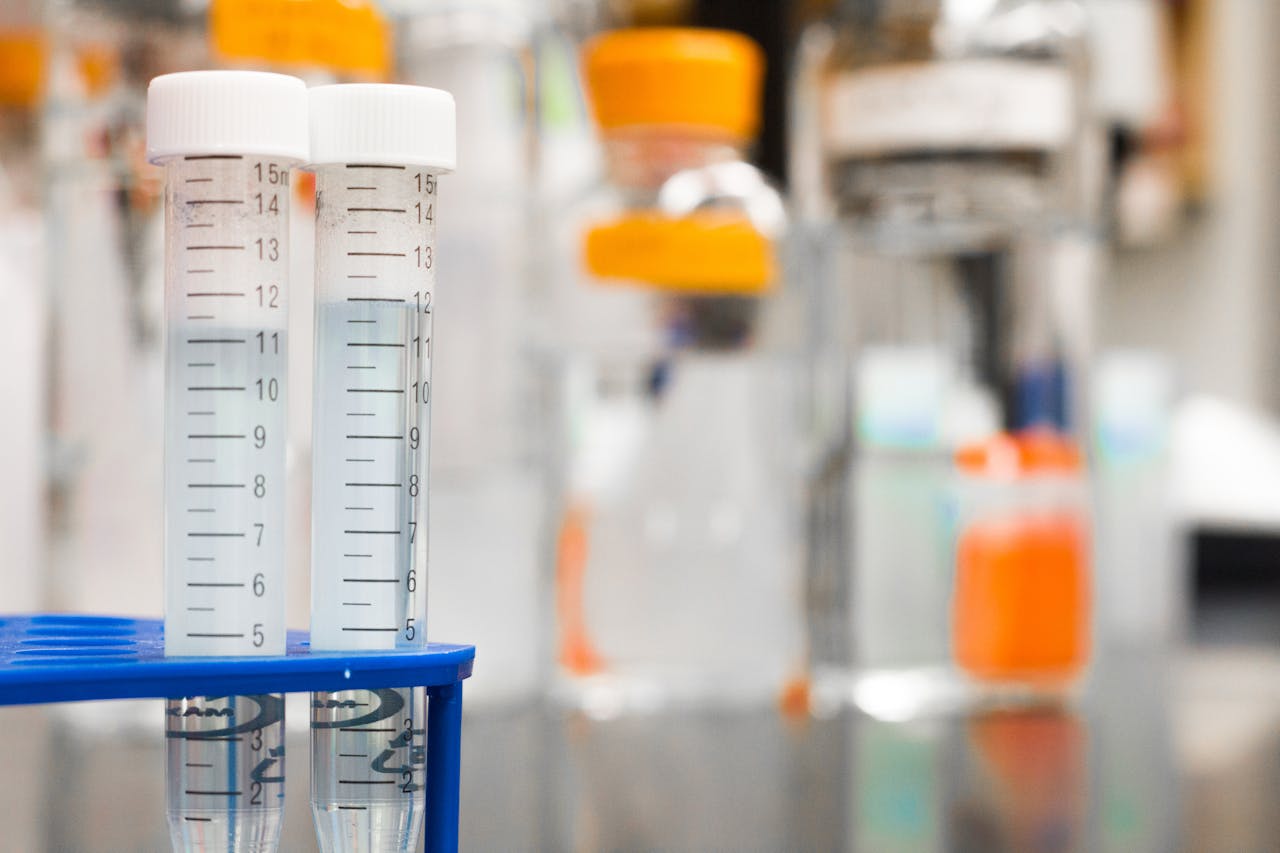Business Compliance 101: Drug Testing Laws in the State of Missouri

In the ever-evolving landscape of business operations, compliance with state-specific laws remains a paramount concern for employers, particularly when navigating the complex territory of drug testing regulations. The State of Missouri, like many others, has its unique set of rules that govern drug testing administration within the workplace. Understanding these laws is essential for businesses to maintain compliance, foster a safe working environment, and mitigate potential legal risks. This article aims to provide a comprehensive overview of drug testing laws in Missouri, offering valuable insights for employers and HR professionals. For those seeking practical solutions for drug testing in Saint Louis, Missouri, Health Street offers a range of services tailored to meet the needs of Missouri employers.
Missouri’s Drug Testing Laws: An Overview
Missouri does not have a comprehensive state law that specifically regulates or restricts drug testing in private employment. However, this lack of specific legislation does not give employers carte blanche to conduct drug tests indiscriminately. Businesses must navigate federal laws, consider privacy rights under the Missouri Constitution, and adhere to regulations if they wish to partake in the state’s Workers’ Compensation discount program.
Federal Compliance and Privacy Considerations
While Missouri state law is relatively silent on drug testing, federal regulations such as the Americans with Disabilities Act (ADA) and the Department of Transportation (DOT) guidelines provide a framework for lawful drug testing. The ADA, for instance, prohibits discrimination against employees with disabilities, which can include certain substance use disorders. Meanwhile, DOT regulations mandate strict drug and alcohol testing procedures for employees in safety-sensitive transportation roles. Employers must ensure that their drug testing policies comply with these federal guidelines while respecting their employees’ privacy and dignity.
Workers’ Compensation and the Drug-Free Workplace
Missouri offers an incentive for employers to maintain a drug-free workplace through potential discounts on Workers’ Compensation premiums. To qualify for these discounts, employers must implement a drug testing program that complies with specific criteria outlined by the Missouri Department of Labor. This includes conducting pre-employment, random, post-accident, reasonable suspicion, and follow-up drug testing. Adhering to these requirements benefits employers through premium discounts and promotes a safer and more productive work environment.
Implementing a Compliant Drug Testing Program
Establishing a fair, respectful, and legally compliant drug testing program is crucial for Missouri employers. Key considerations include developing a clear drug testing policy, obtaining written consent from employees, ensuring test results’ confidentiality, and supporting employees who test positive. Employers should also stay informed about evolving drug laws, particularly regarding medical marijuana, which Missouri voters legalized in 2018 for medical use.
Conclusion
Navigating the complexities of drug testing laws in Missouri requires a thorough understanding of federal guidelines and the state’s unique landscape. Employers can create a safe, productive, and legally sound workplace by fostering a compliance and respect culture. For businesses in Saint Louis seeking to implement or refine their drug testing practices, exploring professional services, such as those offered by Health Street, can provide the necessary expertise and support to ensure compliance and foster a healthy work environment. As the legal framework around drug testing continues to evolve, staying informed and proactive will be key for Missouri employers aiming to maintain compliance and uphold the highest workplace safety and integrity standards.






